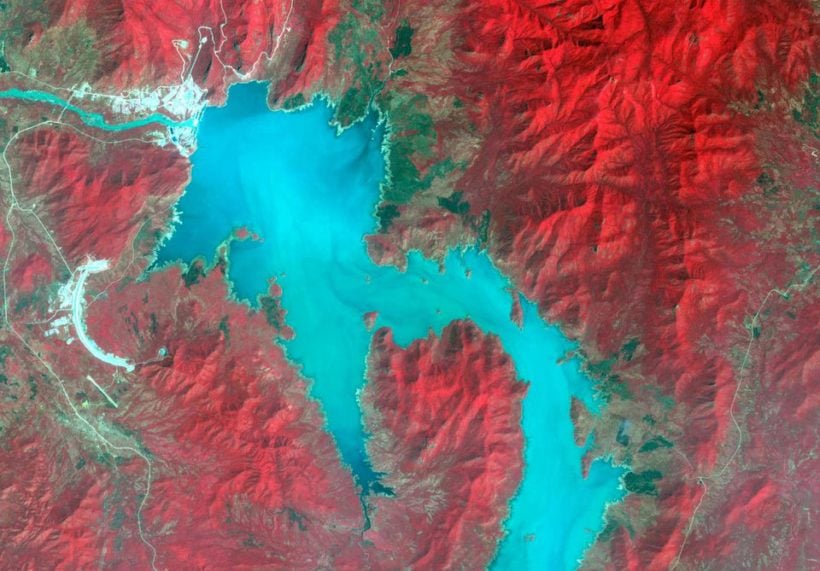
July 6 (Reuters) – The United Nations called on Ethiopia, Sudan and Egypt on Tuesday to recommit to talks on the operation of a giant hydropower dam, urging them to avoid any unilateral action, a day after Ethiopia began filling the dam’s reservoir.
The U.N. Security Council will likely discuss the Grand Ethiopian Renaissance Dam (GERD) this week after Arab states requested the 15-member body address the issue.
Ethiopia says the dam on its Blue Nile is crucial to its economic development and to provide power. But Egypt views it as a grave threat to its Nile water supplies, on which it is almost entirely dependent. Sudan, another downstream country, has expressed concern about the dam’s safety and the impact on its own dams and water stations.
U.N. Secretary-General Antonio Guterres backs the role of the African Union in mediating between the countries, Guterres’ spokesman Stephane Dujarric told reporters in New York.
“What is also important, that there be no unilateral action that would undermine any search for solutions. So, it’s important that people recommit themselves to engage in good faith in a genuine process,” Dujarric said on Tuesday.
Egypt’s irrigation minister said on Monday he had received official notice from Ethiopia that it had begun filling the reservoir behind the dam for a second year. Egypt said it rejected the measure as a threat to regional stability.
The U.S. State Department on Tuesday said Ethiopia’s filling of the GERD had the potential to raise tensions, as it also urged all parties to refrain from unilateral actions on the dam.
State Department spokesman Ned Price said the United States called for all parties to commit themselves to a negotiated solution acceptable to all sides.
Solutions needed to be guided by example, said Dujarric.
“Solutions… have been found for others who share waterways, who share rivers, and that is based on the principle of equitable and reasonable utilization and the obligation not to cause significant harm,” he said.
(Reporting by Doyinsola Oladipo; Additional reporting by Humeyra Pamuk and Daphne Psaledakis; Editing by Michelle Nichols, Bill Berkrot and Rosalba O’Brien)

